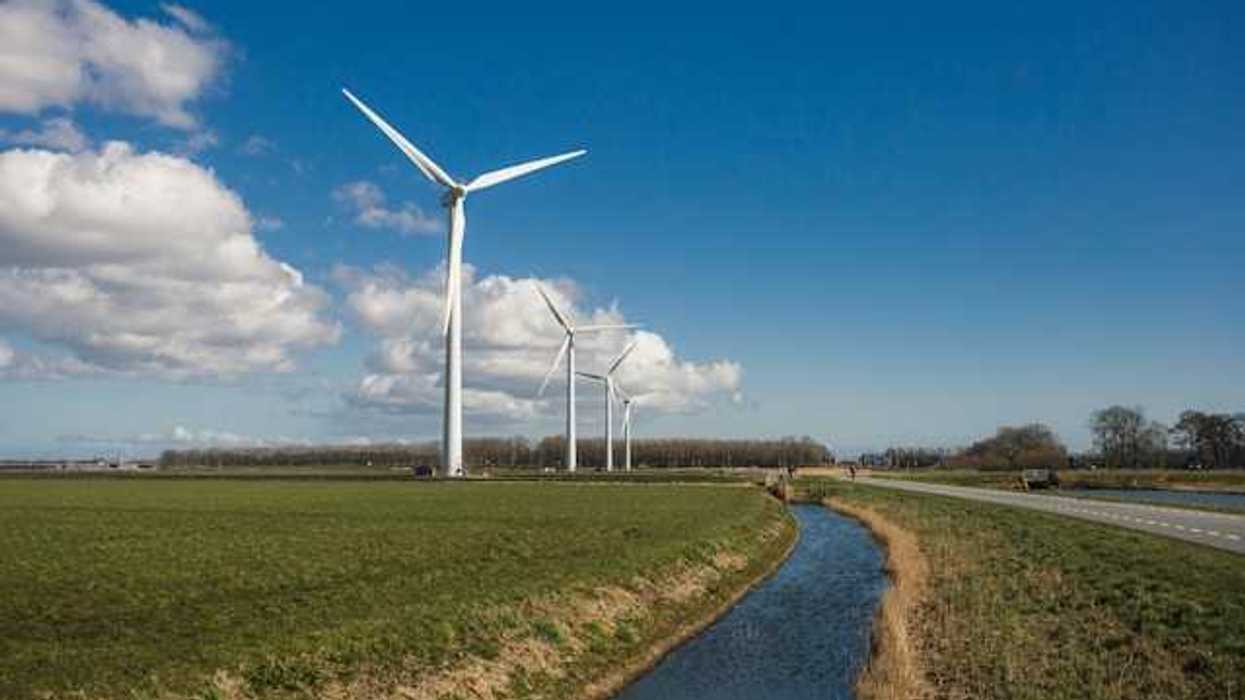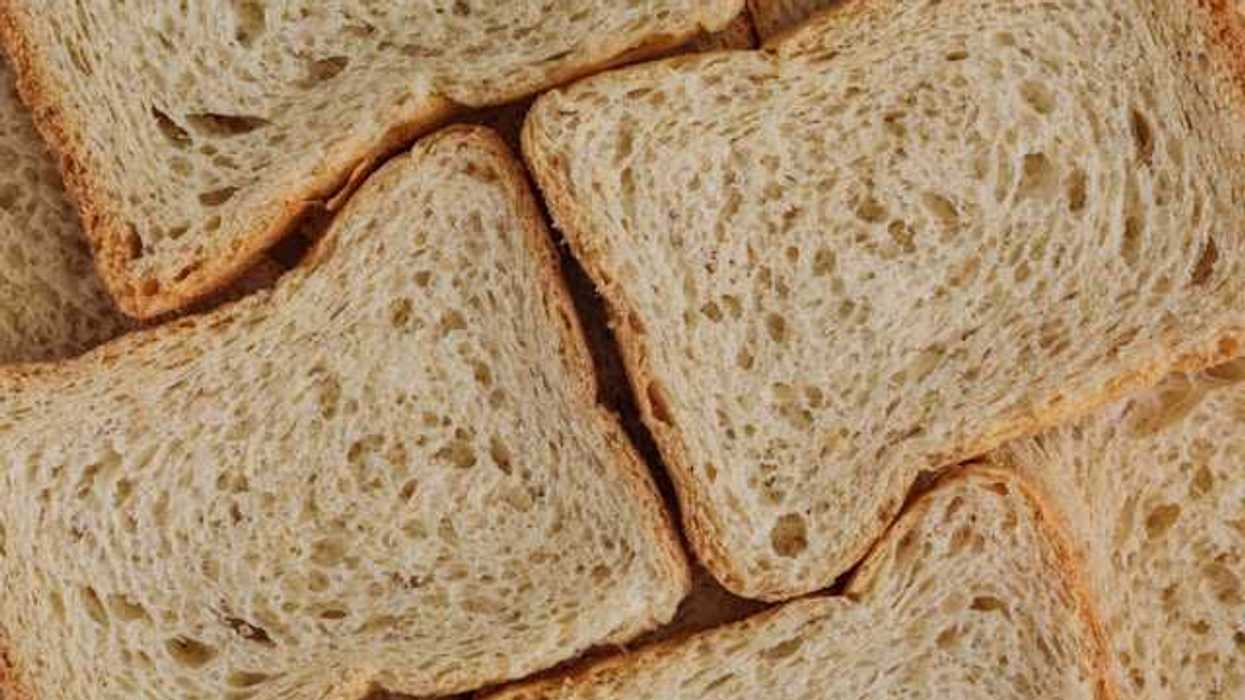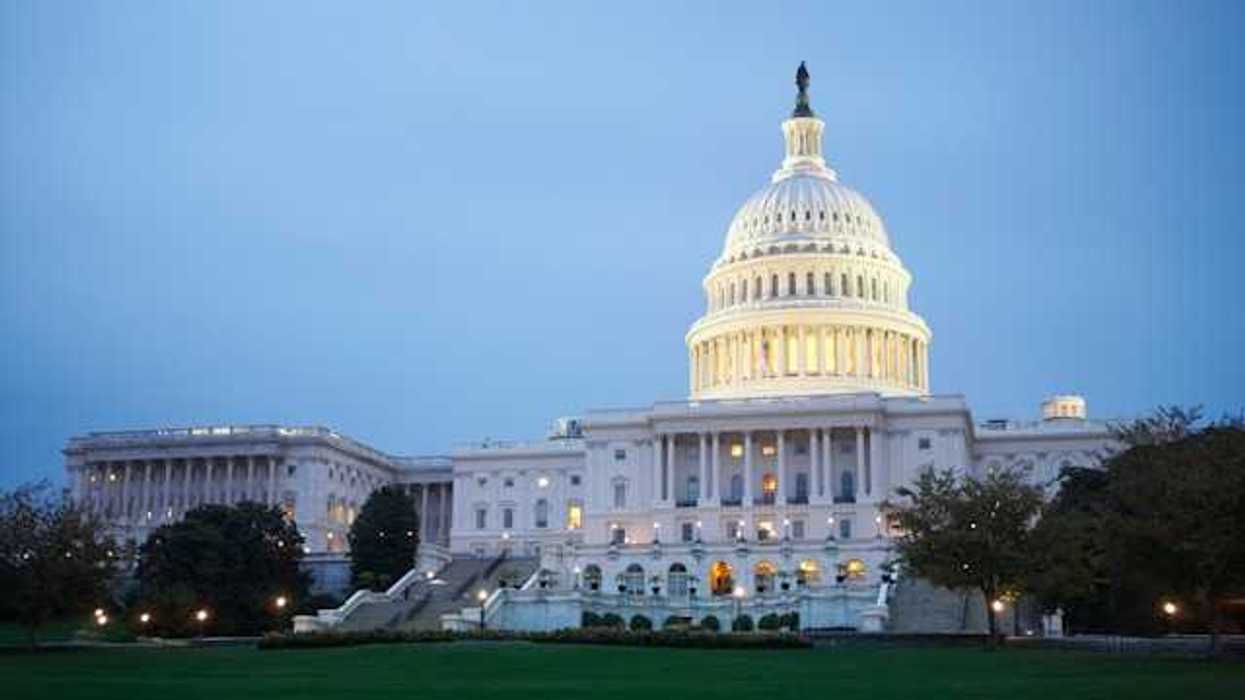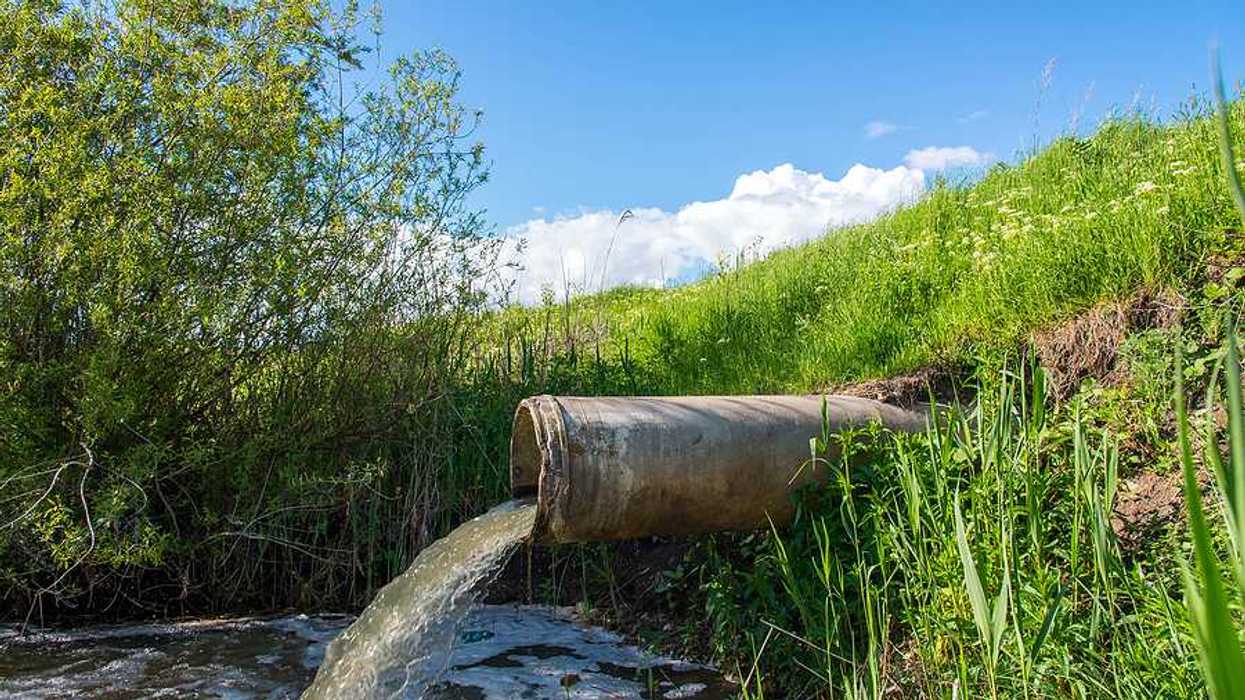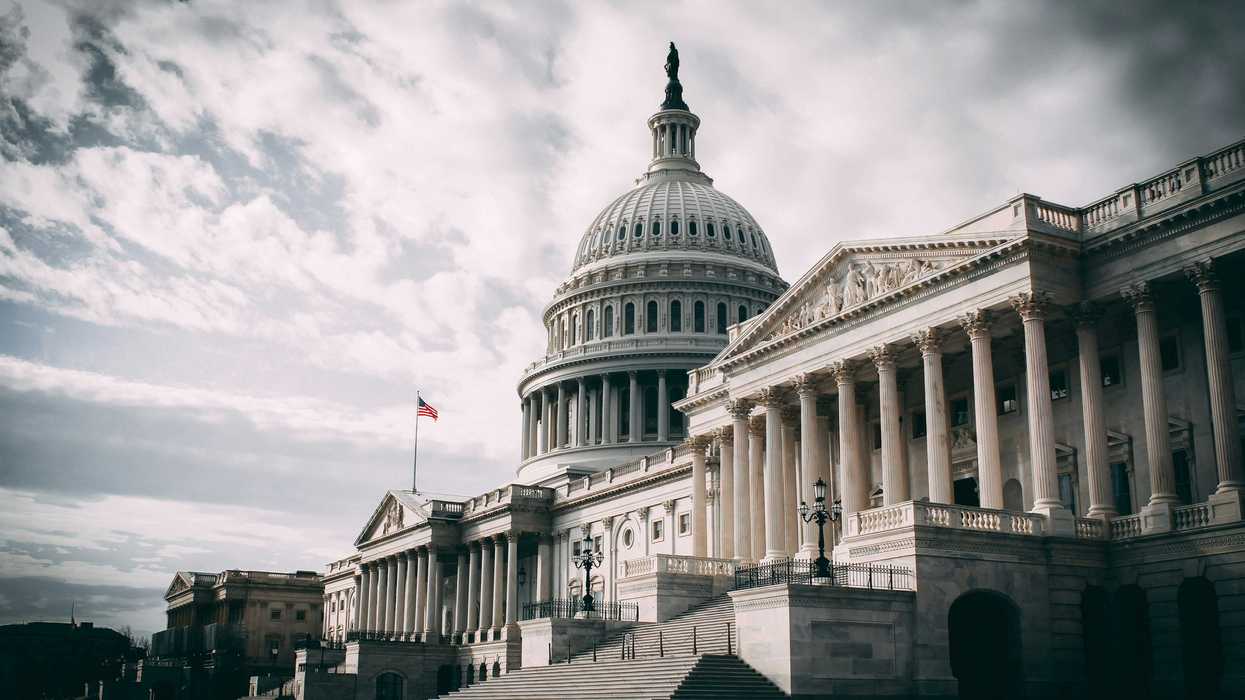University of Arizona law professor Robert Williams highlights the conflict between environmental conservation efforts and the rights of Indigenous communities.
Robert Williams writes for The New York Times.
In short:
- The Tanzanian government's plan to increase tourism in the Ngorongoro Conservation Area involves relocating nearly 100,000 Maasai people, raising concerns about their rights and cultural survival.
- Globally, conservation efforts often result in the eviction of Indigenous communities from lands rich in biodiversity, despite their sustainable living practices.
- Alternative, community-based conservation models, which respect Indigenous rights and knowledge, have proven effective and are advocated by experts like Williams.
Key quote:
"The State Department and other U.S. agencies can help protect the property rights of Indigenous people in their traditional lands by pressuring countries to recognize those rights."
— Robert Williams, law professor and faculty chair, Indigenous Peoples Law and Policy Program, University of Arizona
Why this matters:
This topic underscores the need to balance environmental conservation with the rights and livelihoods of Indigenous communities, highlighting a growing concern in national and global discussions about how to achieve environmental goals without compromising the health and well-being of those who have been stewards of these lands for centuries.
Read: Colonialism, the climate crisis, and the need to center Indigenous voices.



